I’m Calling BS On All These ‘Young People Don’t Like Cars’ Stories

It’s a story we’re hearing more and more often: young people don’t care about cars anymore. If you believe everything you read you’d think that nobody under the age of 50 will bother buying a car by 2020. The story goes that with technology taking over their lives, young people just don’t need cars to keep in contact with their friends, and would rather spend their money on new technology and the ever-rising cost of education.
There’s no denying that fewer young people are getting driving licenses; there are numerous studies that show this steady decline. In America, the number of 16-year-olds getting a license dropped from 46 per cent in 1983 to 28 per cent in 2010. In recent years, the drop has been most severe for older teens, with six per cent fewer 19-year-olds holding a license in 2010 than in 2008.
And the decline is similarly stark here in the UK; in 1995, 43 per cent of 17- to 20-year-olds had a driving license, whereas just 31 per cent do now. Interestingly, given that driving is often regarded as a male pastime, the UK’s drop is most drastic amongst men.
So why are so many young people not driving anymore?
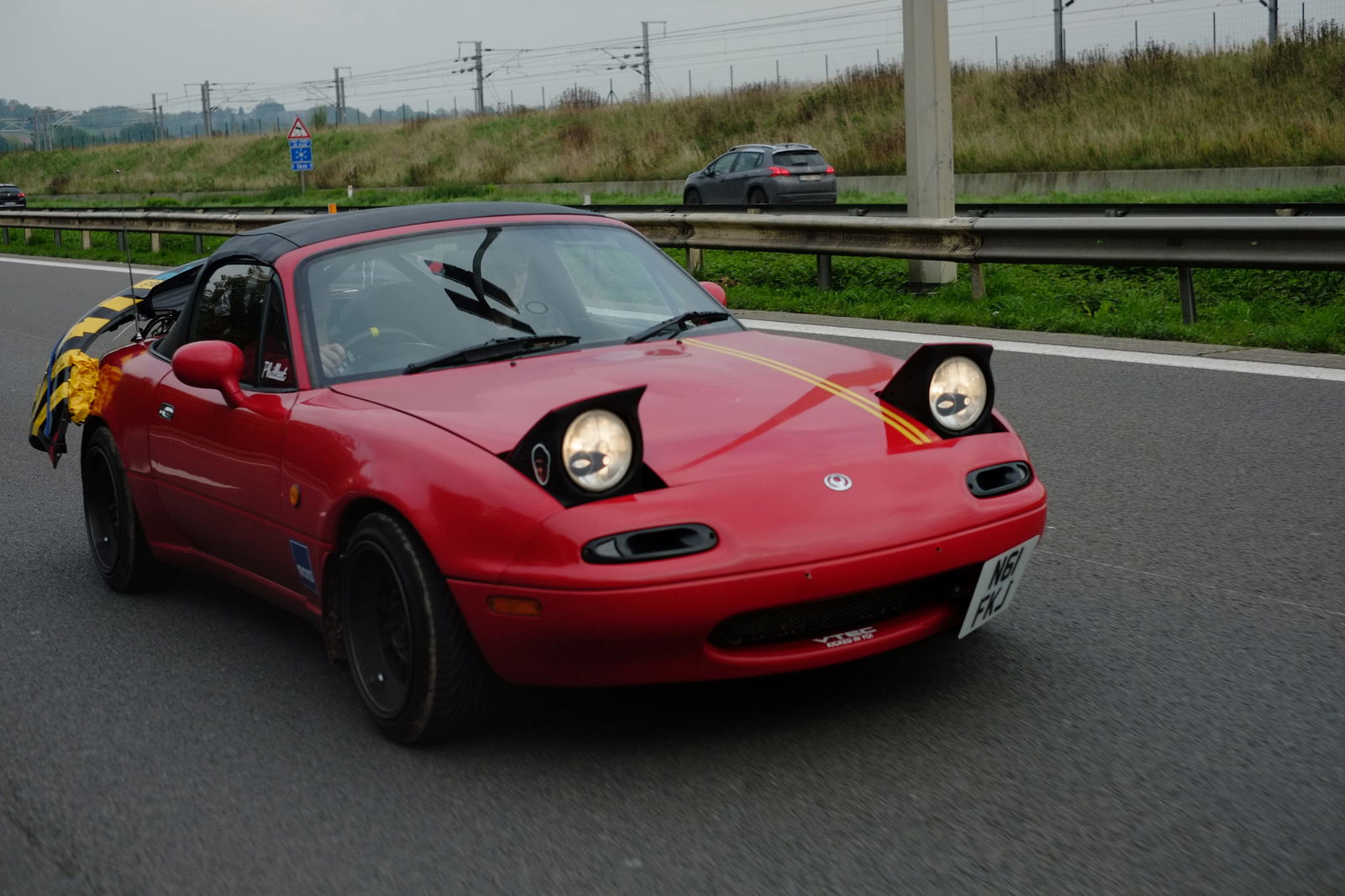
There’s some debate about this. The universal conclusion from older generations desperately trying to figure out what kids are up to these days is that they’re so busy staring at their phones, they can’t be bothered to drive. And if you actually look at studies into the subject, typically the responses young people give as to why they don’t drive are that they’re too busy or don’t have enough time.
The easy conclusion to draw from that response is that young people today are lazy, but that doesn’t take any external factors into account. For a start, even at the turn of the millennium, the only reliable way to stay in touch with friends and loved ones was to actually go and see them. These days, there are numerous social media sites, messaging services and ways to call people that face-to-face time just isn’t as much of a thing.
The other most common reason for people to not get a license comes down to money. Now that you can keep in contact with people 24/7, there’s no need to spend cash on a car as a status symbol anymore. Status comes in other ways, such as having the latest smartphone or gaming console. Other social events such as going to gigs, the cinema or even multiplayer gaming have switched online, so travelling to expensive events isn’t necessary when you can do it from the comfort of your own home.
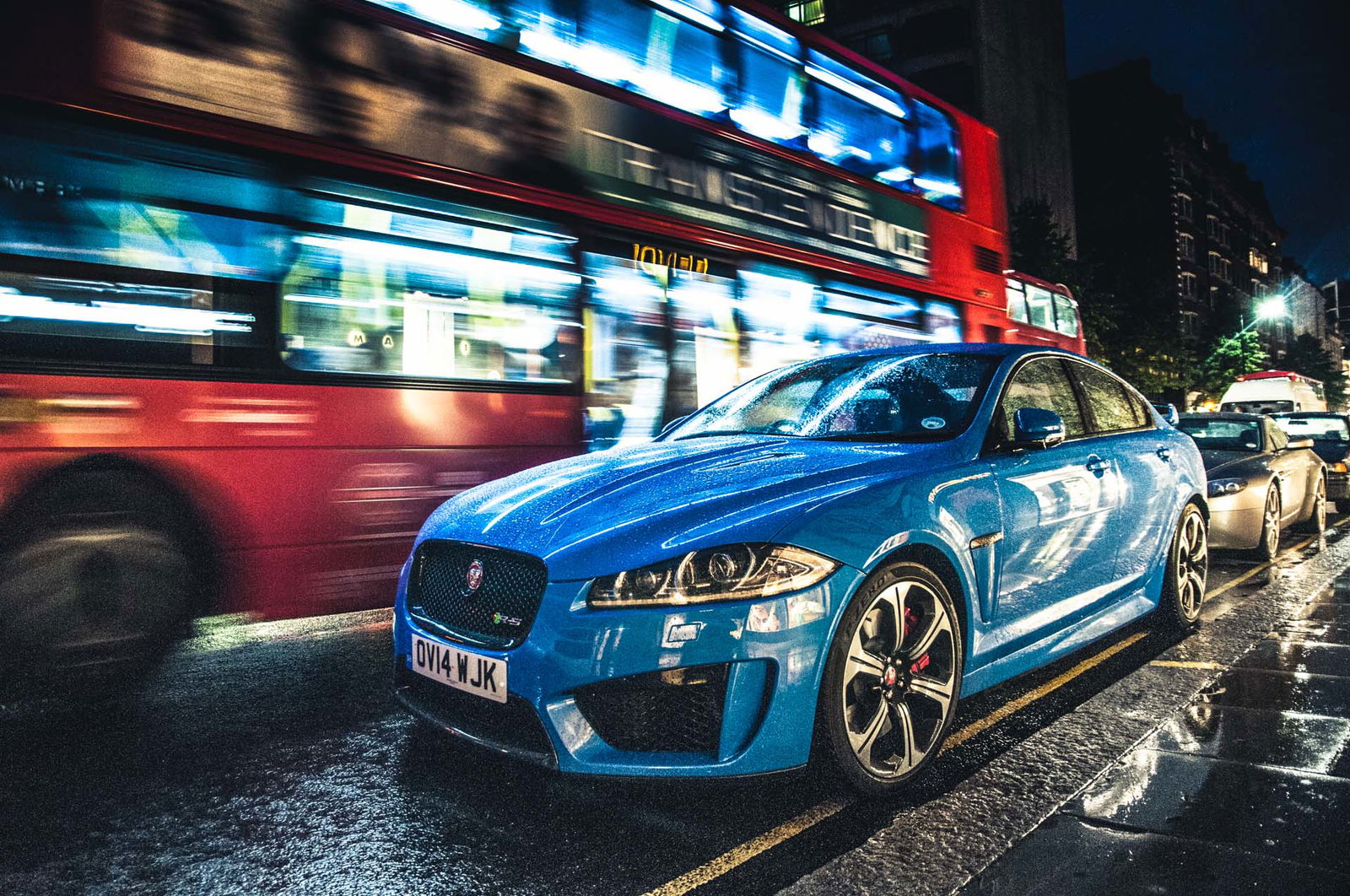
Then you take into account the fact that a growing amount of the population is moving into big cities - with young people 40 per cent more likely to move away from rural areas - and the need for young people to have a car becomes even less apparent. I never drive in London; congestion is horrendous, there are traffic lights everywhere and the omnipresent buses and taxis seem hell bent on ramming you off the road.
Instead, you can get pretty much anywhere by bus, tube or even communal bicycles. Oyster cards and contactless payments make it hassle-free to travel by public transport. Don’t want to share your private space? Unlock your phone, tap a couple of buttons, and a lovely hybrid vehicle will turn up at your exact spot within minutes from a service like Uber or Wheely.
So it’s not laziness, it’s just that for previous generations, people who were never that fussed about cars still had to get one if they ever wanted to leave the house. These days, if you don’t want to drive then you really don’t have to.
So why does that prove young people still like cars?
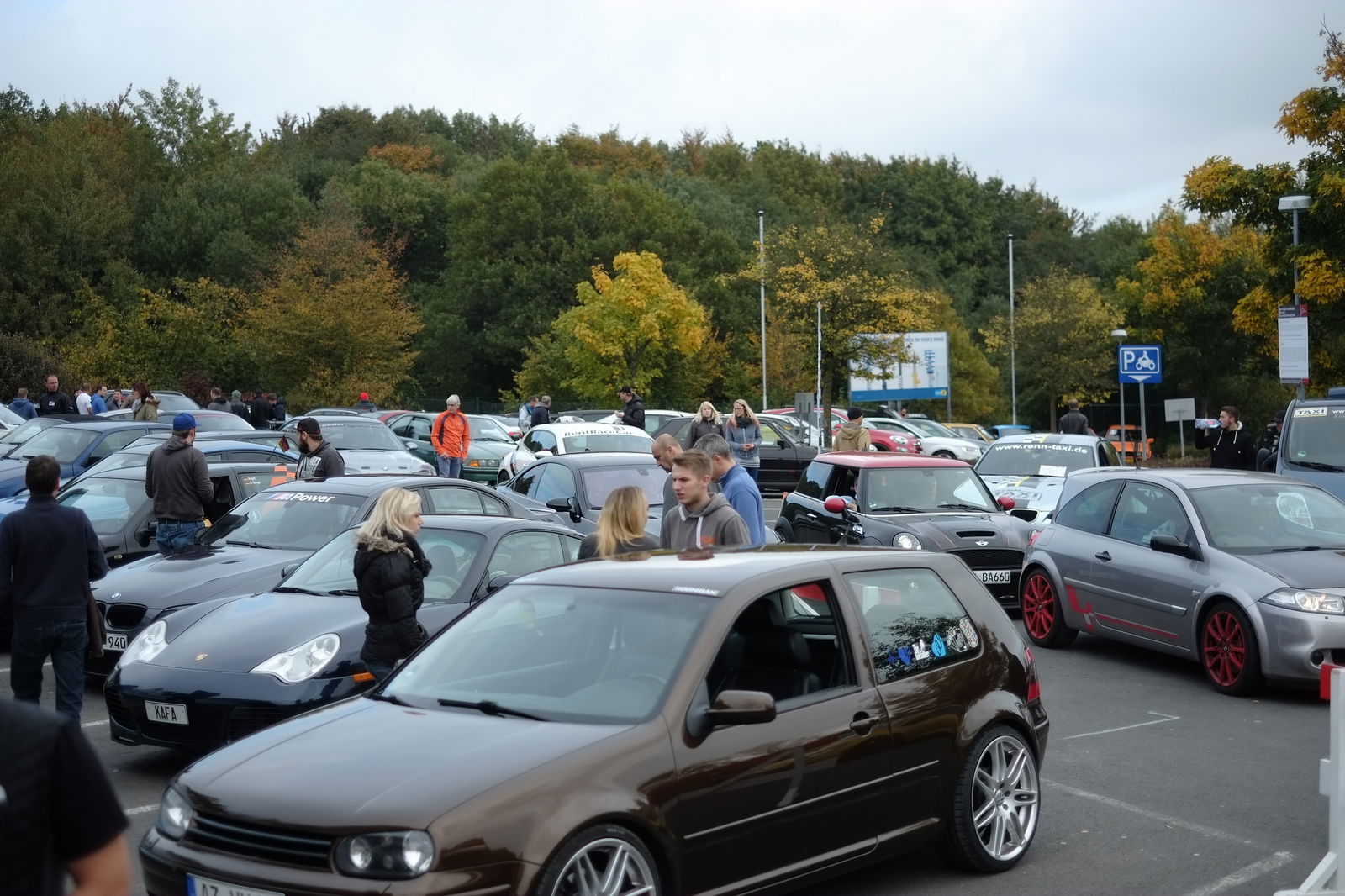
It doesn’t. What it does is give some context to the generalisations people make about young people and driving. They’re not inherently wrong, but the problem with generalisations is that they tend to ignore vital minorities in any given situation, and in this case, that’s young petrolheads. That’s you guys.
Since the first cars entered mainstream society, a culture erupted around them. These enthusiasts spawned their own niche scenes and interests, from high-powered motorsport race cars to those who enjoyed cruising about slowly in style. And in 2015, our culture is bigger, brighter, and more varied than ever before.

I recently wrote about everything I hate about car culture right now, and a large part of it centred around the role social media plays in influencing trends. With that said, it’s done a huge amount to give petrolheads unparalleled access to the people we love, and the cars we aspire to own. For every douchebag revving a Lamborghini in front of an audience of 12-year-olds, there’s a Mighty Car Modder inspiring people to have fun with their cars.
So yes, while the general population’s interest in driving a car might be waning, the enthusiast sector is booming. We see it every day here on our very pages, with knowledgeable CTzens regularly joining us for conversations about cars, new and old.
What does this mean for the future of cars?
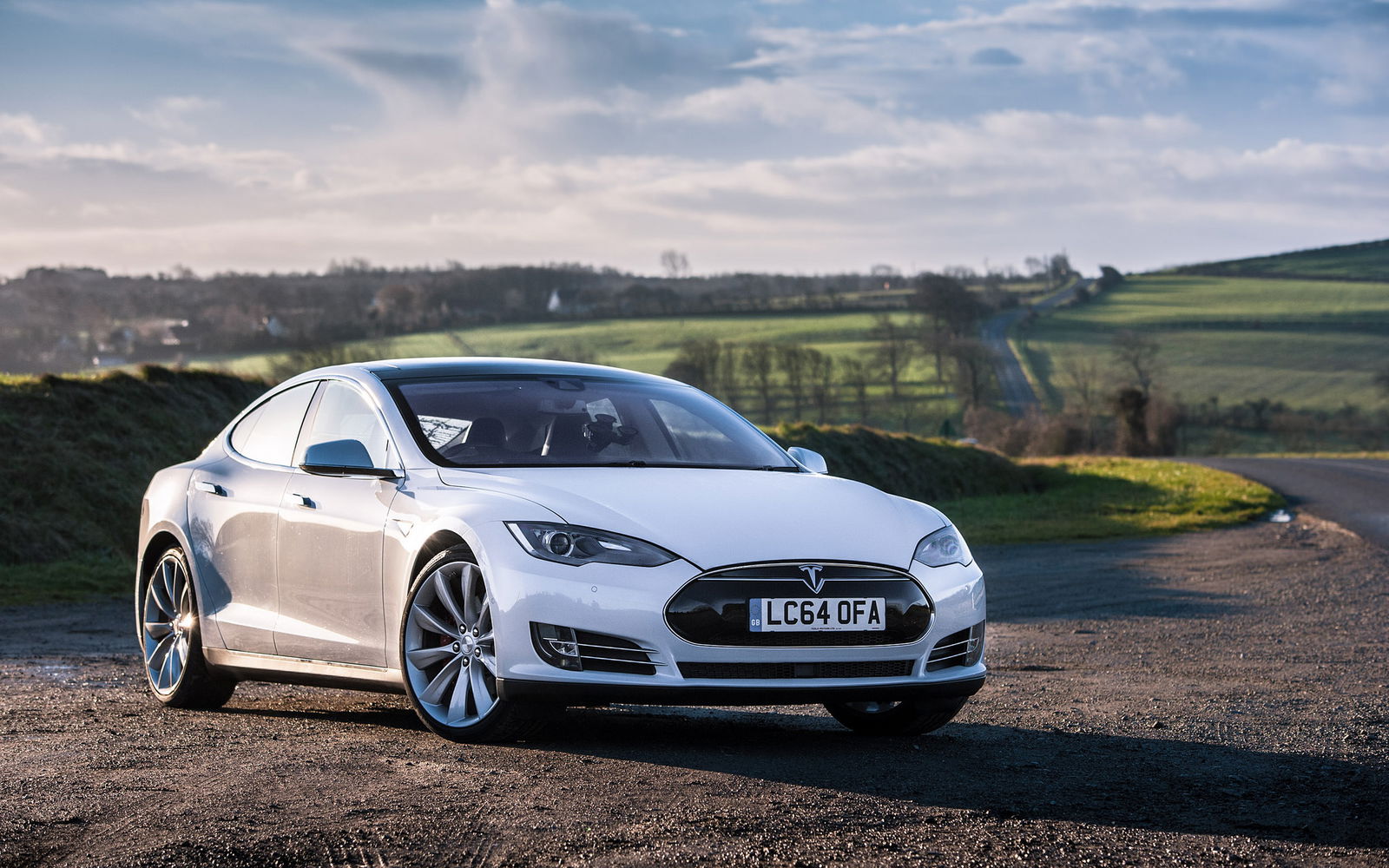
We’ve all seen the stories about autonomous cars, and how more and more manufacturers are jumping behind this incredible technology. Taking off our petrolhead hats for a moment, it’s easy to see the appeal; the convenience of a car without the hassle of actually driving through traffic, finding a place to park, or sharing your commute with sweaty strangers. The safety benefits are potentially huge as well, with road deaths likely to plummet once the technology takes off.
With most of the population not too fussed about driving anyway, interest in these vehicles will begin to soar, and the investment manufacturers spend on these cars will increase to anticipate demand.
Where does that leave young petrolheads?
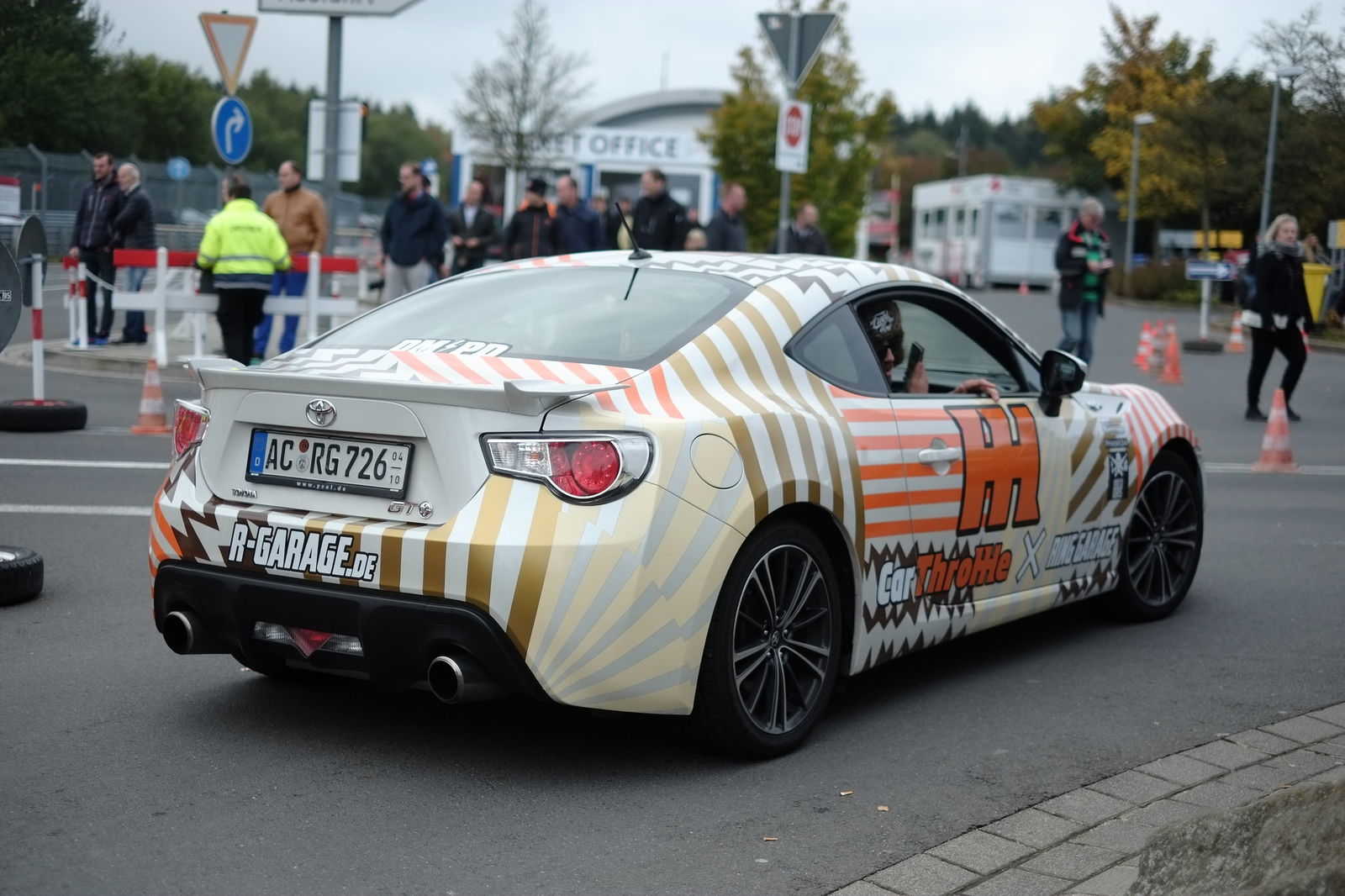
There’s no denying it, it’s going to become harder and harder to indulge our passion for cars, but it’s not all doom and gloom. For a start, we’re still a few decades away from fully autonomous cars, so the chance of ‘normal’ cars being banned in our lifetimes is fairly unlikely.
Thanks to our wonderful new, technologically connected world, we’re now more knowledgeable than ever about what we love. That means we have more expertise about cars than any other generation has had, which allows us to grow more informed opinions and shape what we’re passionate about accordingly.
Couple that with the fact that as cars become more technologically advanced, those vehicles that bring us closer to the mechanical aspect of driving (with that real feeling of actual, physical parts working together to propel you down the road) have become more and more popular.
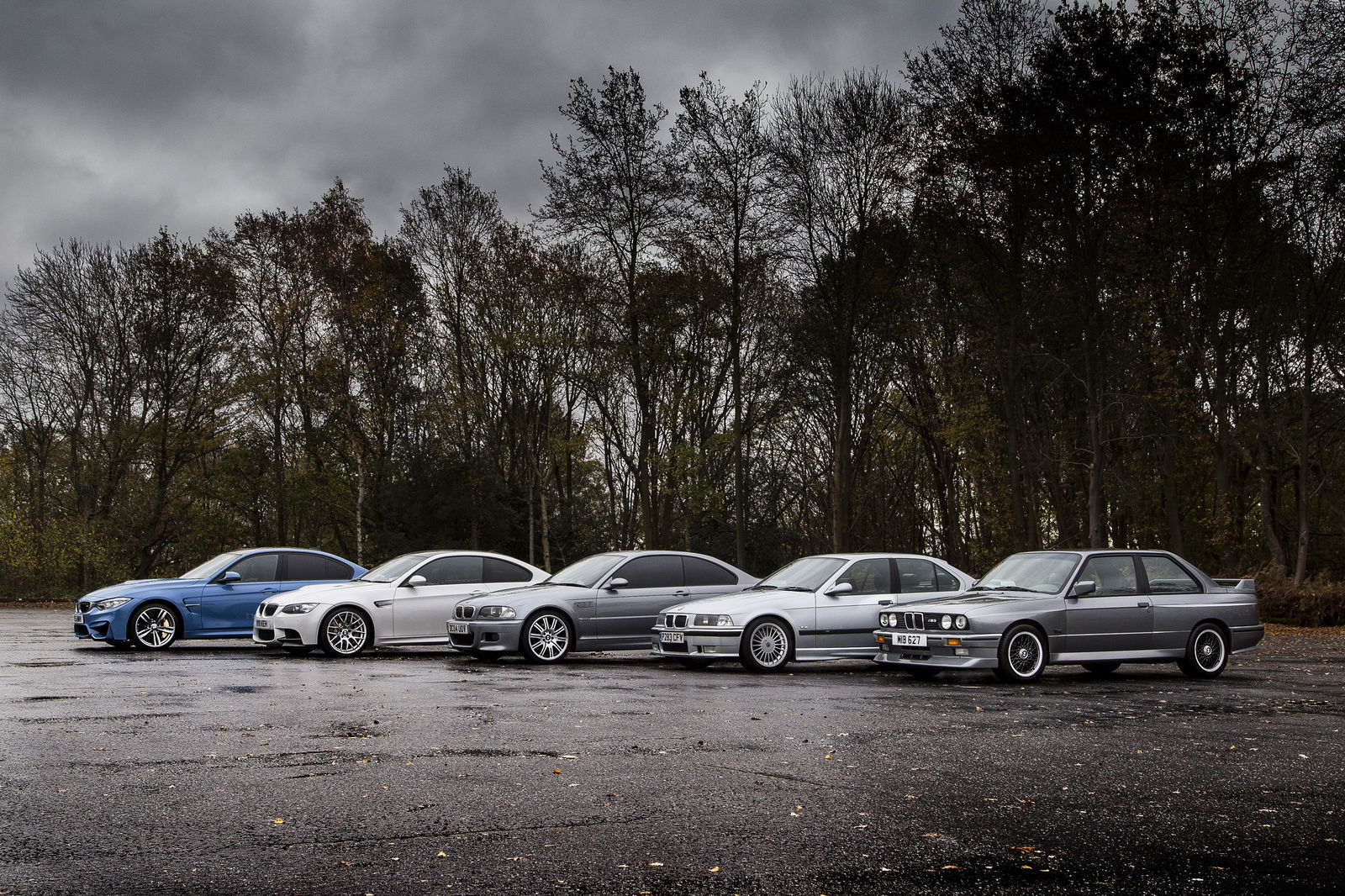
A connected community has driven the small number of us to have a loud voice, so it’s easy to see why that’s driven us to a golden age of performance motoring. The likes of the Holy Trinity, the hybrid tech-fest Honda NSX, and even insanely capable front-wheel drive mega hatchbacks have all been born from a renewed enthusiasm for the car scene.
For young petrolheads who make up that small minority of 16 to 20-year-olds excited to get their first car, such vehicles might seem like they’ll never be affordable. But thanks to the fact pretty much all of human knowledge is accessible via the phone in your pocket, it’s easier than ever to find something fun within your budget. That, in turn, encourages the aftermarket, with more and more young petrolheads diving into used car ownership and looking for cost effective ways of getting their kicks.
It also means that the new car scene has begun to shift towards offering affordable, approachable sports cars. The Toyota GT86 and its siblings are arguably the first stage of this, and although many people bemoan its lack of power, few new cars offer the levels of driver involvement coupled to the low running costs those cars provide. The lust for Honda to bring the diminutive S660 to Europe and America is further evidence of this shift in mentality - expect to see more of these cars hit the market over the next decade.
As long as performance cars still exist, I'm happy
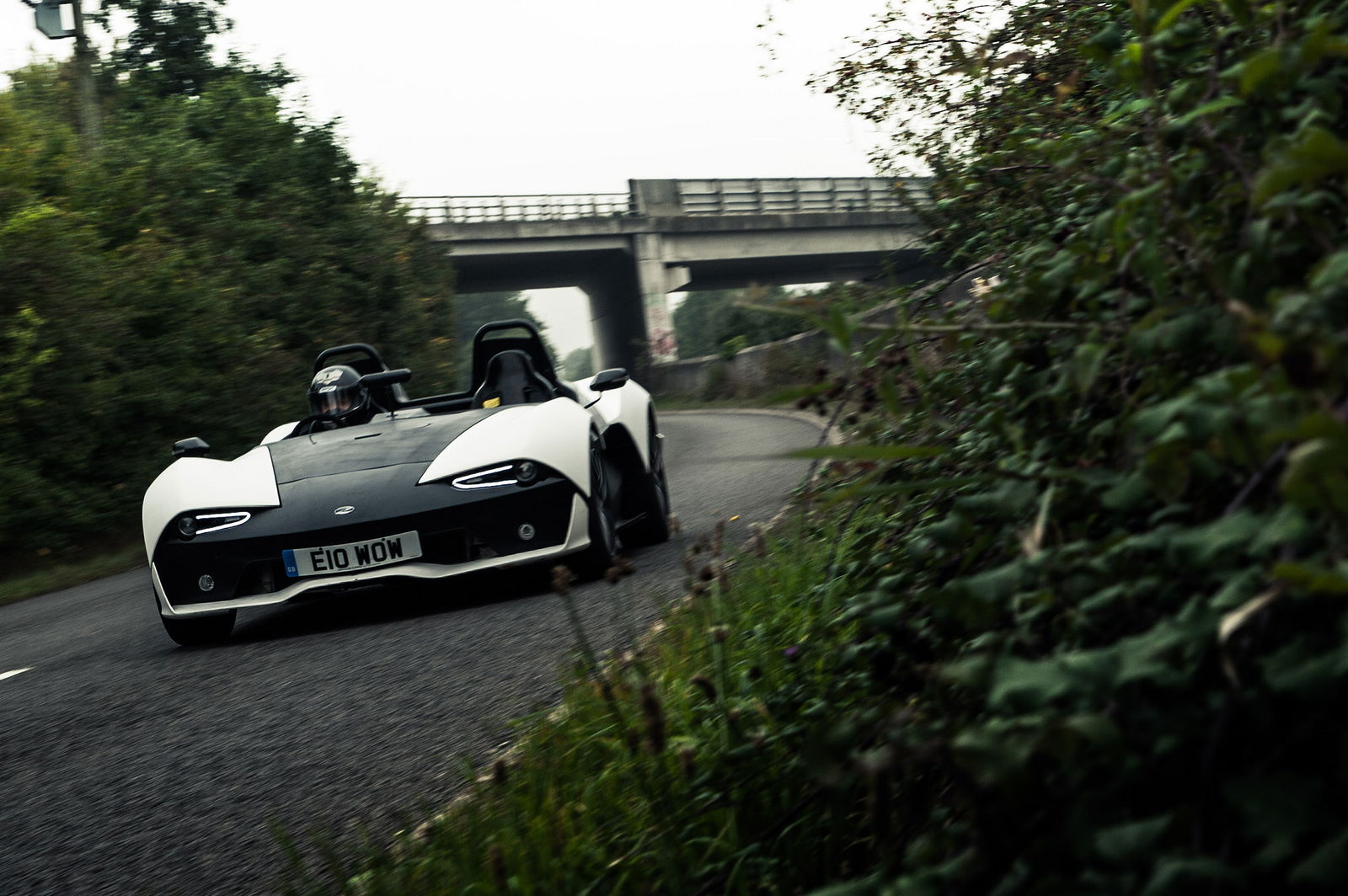
Well, fortunately, I think you’re going to stay happy. As the number of cars that actually require a driver begins to drop, those that do require a driver will only be bought by enthusiasts. That means a huge market of car enthusiasts being catered for by manufacturers whose sole job is to create cars that are fun to drive, and venues that cater to the kind of driving that’ll become (even more) anti-social will begin to pop up.
So next time you hear people discussing how young people are deserting cars, remember that there are literally millions of us who still love these big, noisy, obnoxious machines. The death of the car isn’t imminent, the industry is just shifting, and young petrolheads will be the ones who see the benefit.
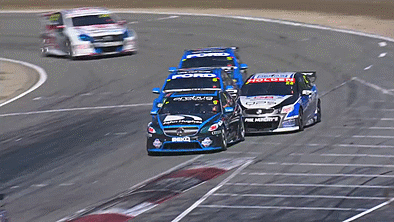
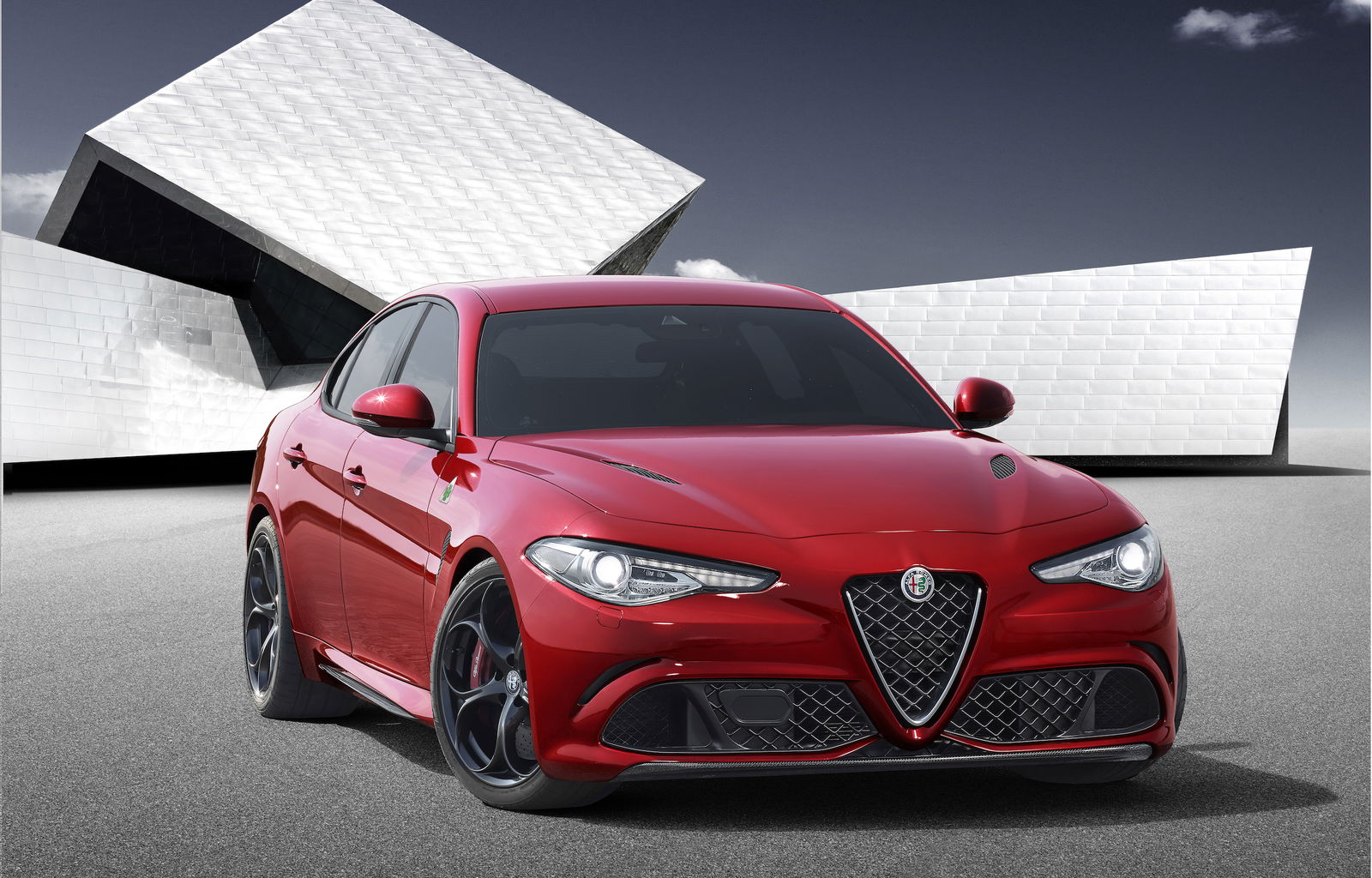
Comments
Another thing turning people of driving is the cost of getting started €50 theory test €50 for permit minimum €300 for mandatory lessons €750ish for insurance as named driver or minimum €2500 for your own policy
Also forgot the €50 for driving test and 30 for the actual licence
I’m 12 years old,living in a city and a petrolhead.I also hate stereotypes.
My step brother doesn’t really care to get his learners because he’s on Steam for 9 hours a day. He repeatedly tells me the F40 sucks every time I google pics of one, but he is actually quite knowledgeable about cars.
Here’s a young petrolhead from Austria, nearly all in my class like cars.
Insurance is more expensive. That is the reason young people, especially in the UK, aren’t driving as they hit 17. And with a larger percentage of increase in price since 1995 over the percentage in teenagers not driving, that would make sense.
So yes, it is right to call BS on young people not liking cars, but this is a very small reason.
Clears throat well firstly I’ll talk about people who call themselves car guys that would neglect you if you’re young. I am 15 years old and the only time people take me seriously is on the internet and rare occasions where people know that I know more than they do. Other times people just tell me “you’re still too young” or “you got more to learn” even though he barely knows anything about cars and all he’s done is a single DIY mod that he knew about on youtube (not even done well) and now he’s a professional.
I know I’m not the only who feel like this, even people say they’re better drivers when they barely follow the road rules, get near crashing on a daily basis (because they are bad drivers) when they have a drivers license for 3 years, when I have been driving for more than 6 months (w/o a license) and do all of the things I said better than them! What pisses me off even more is people giving “the look” that I’m a new driver or making fun of me because I wear my seatbelt and hold the steering wheel correctly, not holding the steering wheel like vin diesel in f&f and not using you’re phone without crashing means you’re a new, and a bad driver. One more fact, crashes where I live (Saudi Arabia) yearly are more the United States!!!! Let than sink in for a minute.
The main reason here is Cost. If you are going to college you will not have money to drive a car unless you work 3/4 evenings + a saturday. Leaving no time for other things.
The costs in Holland are simply ridiculous. 1500-2000€ to get your license, another 1500-2000 to get a good car, 1,50€ per liter of petrol, 90-120 per 3 months road tax and another 70-100€ for insurance per month. This cost is insanely high for average students. I can afford to drive a car but that’s only because I dropped out of school and started working
There actually are a lot of people my age that are highly still interested in cars. I’m 16 and I have friends my age that love cars like the RX-7, Nissan Skyline, Supra, BMW E30, BRZ etc. Even though I’m into JDM cars the most I still love European and American muscle/sports cars. I feel like a noob for not knowing some of the terms and parts mentioned. So I aspire to be a auto mechanic as a job or a hobby out of my love for cars. To one day be able to tune and restore cars.
The main reason most teens in the UK don’t drive is because the insurance costs are huge. All of the cars that are affordable cost thousands to insure, and all of the cats that are more expensive are cheaper to insure (Not by much). I have a 1.6 mk4 golf as my first car and it cost just over £2000 to insure for a year. I think it’s the money that puts most people off, especially if they’re going to uni or don’t have a job, all the debt doesnt appeal.
Pagination